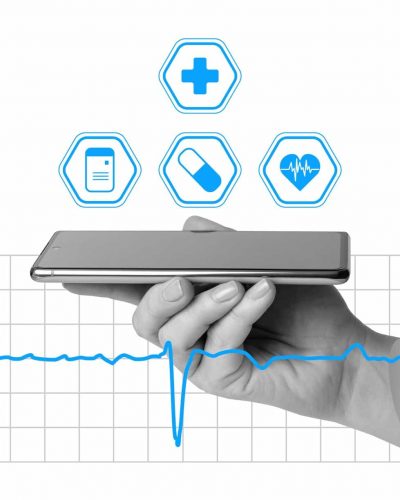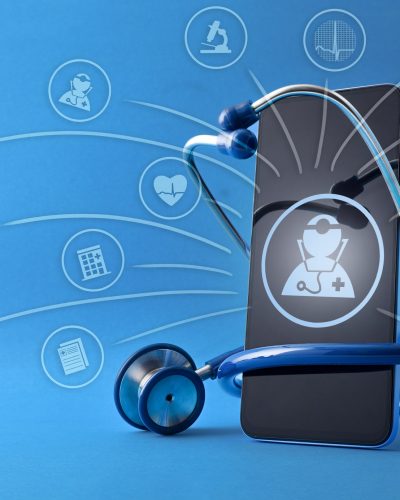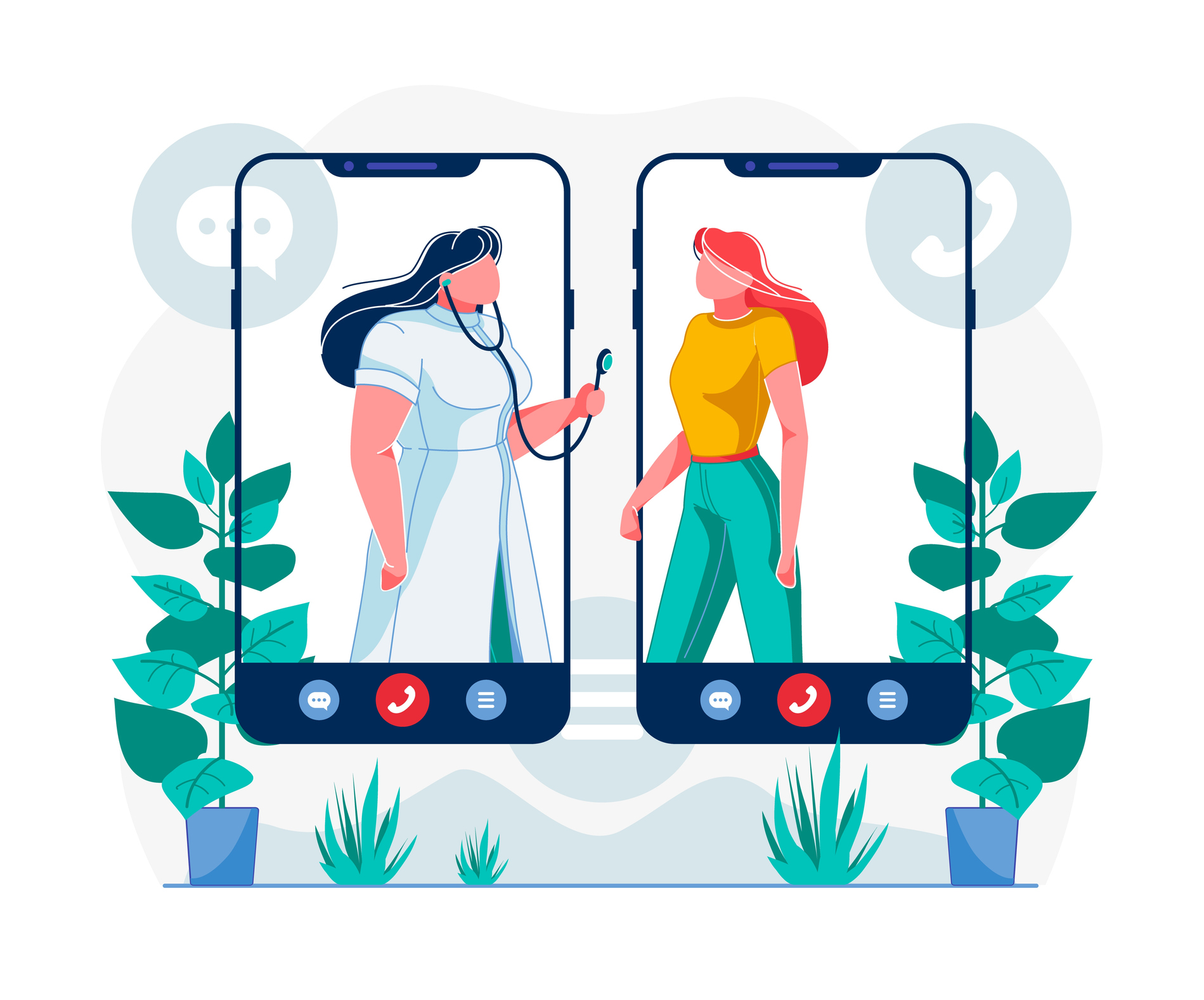
What are Schmitt-Thompson Protocols?
As telehealth gains in popularity, it’s even more important for physicians to ensure that their patients receive consistent, accurate advice on every call. When it’s







As telehealth gains in popularity, it’s even more important for physicians to ensure that their patients receive consistent, accurate advice on every call. When it’s

When a patient calls a nurse triage phone line, they’re first greeted by an answering service. This includes an operator whose job it is to

Healthcare organizations are recognizing the need for heightened cyber defense in the wake of increased ransomware and other malware attacks this year. Becker’s outlines the

The past year and a half has redefined the healthcare industry. Hospital systems and practices were forced to adapt to a global pandemic while offering

Remote Patient Monitoring (RPM) can be one of the most effective programs you can implement to manage the care of your patients suffering from a

Telephone nurse triage is a system that requires the work of dedicated nurses who can think on their feet in order to quickly and accurately

When people have health concerns, particularly when practices are closed, they may seek care from an emergency room (ER) because they are not sure about

As most people know, a nurse triage line is an important resource to help parents navigate early childhood. Still, it is sometimes difficult for parents

Triage nurses use Schmitt-Thompson protocols to determine which symptoms are serious. However, sometimes symptoms that patients don’t think are serious, such as headache or chest

How does telephone nurse triage actually work? This is a common question we receive when implementing a nurse triage system. In this article, we cover